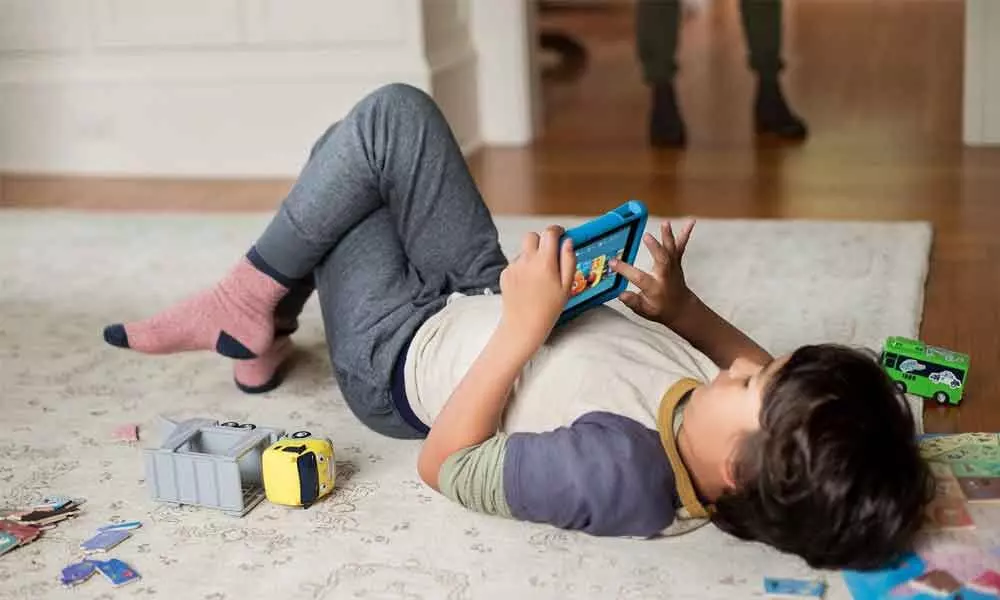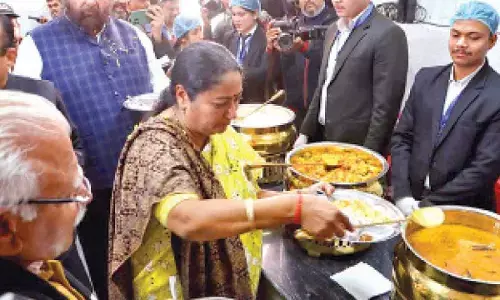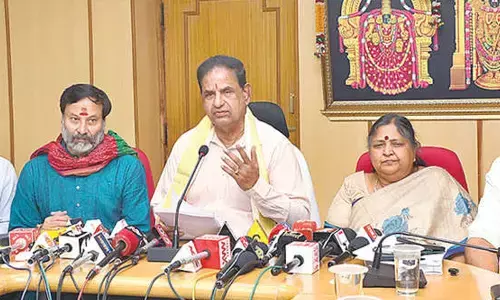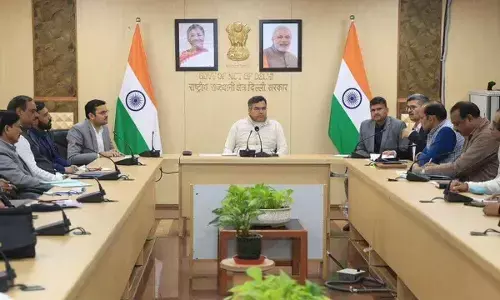87% Indian adults believe online gaming affects well-being: Survey
 87% Indian adults believe online gaming affects well-being: Survey
87% Indian adults believe online gaming affects well-being: SurveyAbout 87 per cent adults in Indian cities believe that online gaming takes a toll on their physical and mental well-being, showed a survey on Tuesday
About 87 per cent adults in Indian cities believe that online gaming takes a toll on their physical and mental well-being, showed a survey on Tuesday.
About 76 per cent of respondents feel that addiction to action games lead to changed behaviour and can increase depression and anxiety levels, according to the "India Digital Wellness Report" by consumer cybersecurity brand NortonLifeLock.
Nearly 70 per cent of respondents feel that children connecting with strangers while playing games online can lead to cyberbullying, harassment, and violence.
The findings are based on an online survey of over 1,500 city-based Indian adults.
"People could be drawn to online gaming for entertainment, but data shows that it is not all about fun and games. The virtual playing field comes with risks such as identity theft, cyber bullying, phishing, and credit card theft, to name a few," Ritesh Chopra, Director, NortonLifeLock, India, said in a statement.
Two of every three respondents said they prefer playing online games to going outdoors or having social interactions.
Almost 73 per cent of the parents in the survey said that their children prefer shooting and adventure games, while 21 per cent said that their children show a preference for casino and card games.
There is a sense of growing concern among parents as 45 per cent of respondents said they find it difficult to control their children's smartphone usage.
Interestingly, 81 per cent of the respondents who put a check mechanism on children's usage of smartphones feel they have not been effective in controlling the gaming time.
The children of 42 per cent of these respondents played games online for more than two hours every day.
However, online gaming seems to have some positive impact, too, on users.
About 81 per cent of respondents feel that multiplayer online games enhance teamwork skills, while 70 per cent of respondents feel that playing online games can make people smarter, as they improve brain coordination and reaction. The online gaming space, largely perceived to be male dominated, seems to have a lot of female takers, the results showed.
About 88 per cent of female respondents find online games to be the best pastime as compared to 86 per cent of their male counterparts.
The study also showed that when it comes to mobile gaming, children and parents tend to have a shared behaviour -- six in every 10 respondents said that they and their children spend roughly the same amount of time playing games online.














